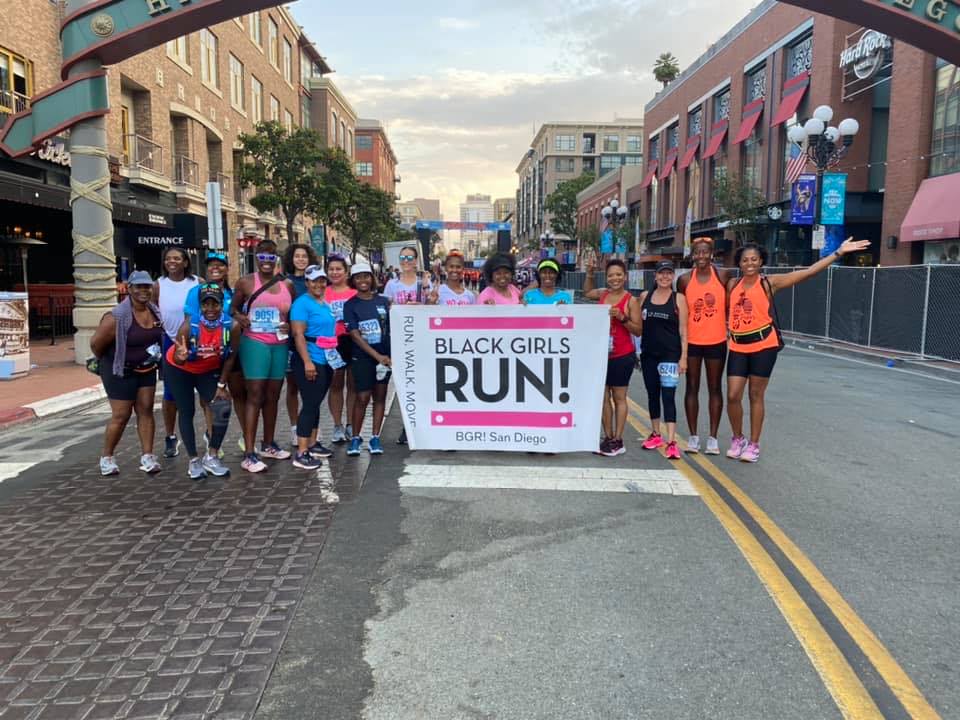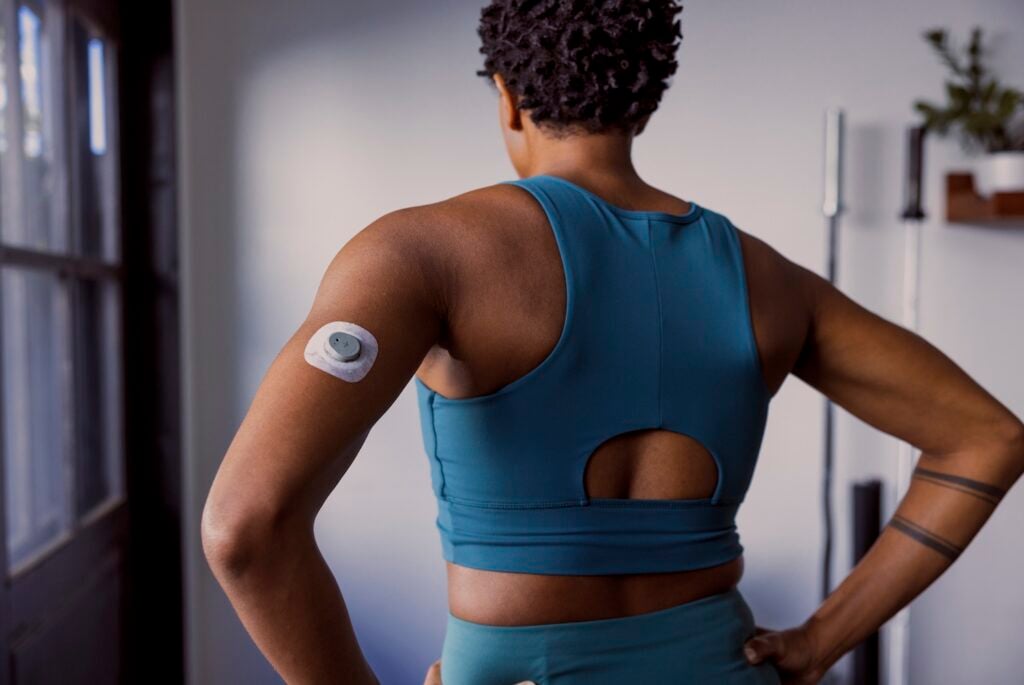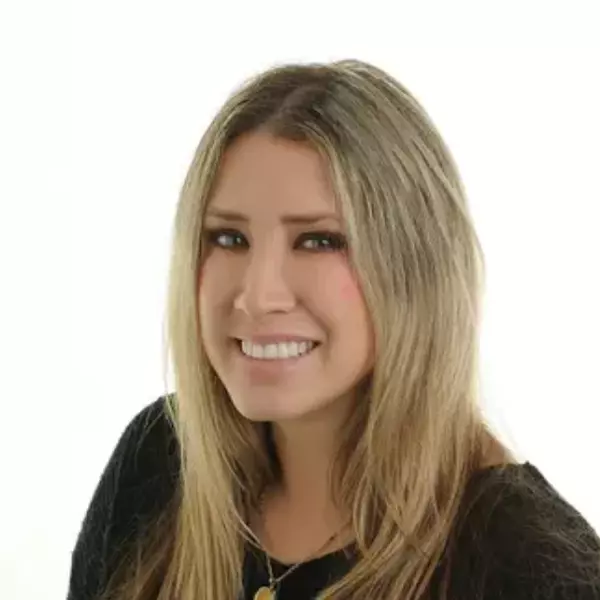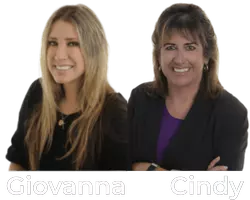Costa Verde Center owner wants to turn shuttered strip mall into its own neighborhood
The new owner of the fenced-off Costa Verde Center just opposite Westfield UTC is working on a blueprint for the former strip mall that centers around creating a walkable neighborhood with its own main street flanked by thousands of residential units, neighborhood shops and eateries, and possibly a boutique hotel.
The preliminary plan for the 13.9-acre property was presented earlier this month to the University Community Planning Group by developer Cass Street Venture LLC, which is going through the city’s discretionary process for altering what can be built on the site.
The developer is seeking to rescind the specific plan that currently governs the property — known as the Costa Verde Specific Plan — and to create a new map that divides the property into 13 different parcels.
Cass Street executives Luke Daniels and Michael Yanicelli told the community planning group that they are still crafting the master plan for the site. The process involves removing barriers that stand in the way of a mixed-used project that better aligns with University City’s newly adopted community plan, they said.
The developer said it expects to spend $25 million on demolition, grading and infrastructure work to ready the property for a phased redevelopment built over time and by potential future partners or owners.
The University Community Planning Group group voted unanimously in favor of the developer’s requests. The vote tees up consideration of the land-use changes by the city of San Diego’s Planning Commission this summer and the City Council in the fall. The developer hopes to start demolition work in the second half of 2026.
“We are honored to have earned unanimous support from the University Community Planning Group,” said Ashley Johnson, spokesperson for GM Residential Partners LLC. GM Residential is a recently registered limited liability company affiliated with London-based real estate investment and management firm Global Mutual. The entity includes San Diego-based Cass Street Venture LLC.
“We look forward to continued collaboration with the community and the city to shape a future neighborhood that will one day deliver much‑needed housing, community‑serving retail and everyday amenities for University City as projects are brought forward,” Johnson said.
Built in 1989, Costa Verde Center was a neighborhood shopping center anchored by Bristol Farms. The property, sandwiched between La Jolla Village Drive and Nobel Drive, has been mostly fenced off from public access — only the McDonald’s and Chevron on Nobel Drive remain open — ahead of a now-scuttled redevelopment plan that focused on life science.
At the end of January, GM Residential Partners LLC purchased the shuttered shopping center at 8560 Genesee Ave. for $124 million from life science developer Alexandria Real Estate Equities.
Alexandria remains involved as a capital partner on the new endeavor. As part of the sales transaction, the publicly traded real estate investment trust agreed to loan GM Residential $91 million, at an interest rate of 12%, according to regulatory filings.
The new owner’s exact plans for the site are still being hashed out, but the group has created a map with a main street that travels the length of the property and is surrounded by 13 different blocks, most about an acre in size. Each block is meant to accommodate a building with ground-floor storefronts topped by either residential units or office space and each with its own parking structure.
The idea is that Cass Street or a partner developer would tackle the blocks as individual projects, starting at the north end of the site. The developer said the first redeveloped parcels could debut in 2028.

“Each one of these sites can exist on its own, with a separate development and a separate building that parks itself,” Yanicelli told the community planning group. “When you put all of that together, we get this plan that has 13 individual sites that will accept 13 individual developments over the course of time.”
The developer is designing the project to cater to people on foot, riding on bikes or traveling in cars by improving access to and from the site, introducing bike lanes, adding public plazas, expanding and enlivening sidewalks, planting a substantial number of trees and containing parking to building structures or short-term surface spaces along the main street.
Costa Verde is at the terminus of the UC San Diego Blue Line, where an elevated platform also connects to Westfield UTC on the east side of Genesee Avenue. The developer wants to create a pedestrian promenade that extends from the platform through the property and connects to the park and residential properties just west of the site.
“What we’re trying to think about here from a planning standpoint is how we take this blighted site that’s basically all concrete and asphalt, and how we create a plan to where we can introduce housing and … a mix of diverse uses,” Daniels said at the community planning group meeting. “It’s a template for the future of San Diego. This is an opportunity for us to create a neighborhood for how people will view San Diego, for how people see San Diego, for how others will come and look at us. This is truly an exercise in creating a neighborhood.”
A theoretical traffic model, as presented by Daniels and Yanicelli, suggests that the envisioned neighborhood will result in an average of 14,700 daily car trips. The figure assumes the site is developed with1,920 to 3,500 residential units, 18,400 square feet of community-serving stores, 18,000 square feet of restaurants, 267,000 square feet of office space and a 112-room boutique hotel. The car trips estimate is about 20% less than what was anticipated under the previously entitled life science campus plan, Daniels said.
Although the future project could include office buildings, research use is not allowed on the property. The grant deed includes a restriction that prohibits GM Residential from using any portion of the property for life science use, which includes pharmaceutical companies and medical device makers. The deed restriction runs with the land for 99 years, meaning future owners are also subject to the covenant.
Categories
Recent Posts










GET MORE INFORMATION


